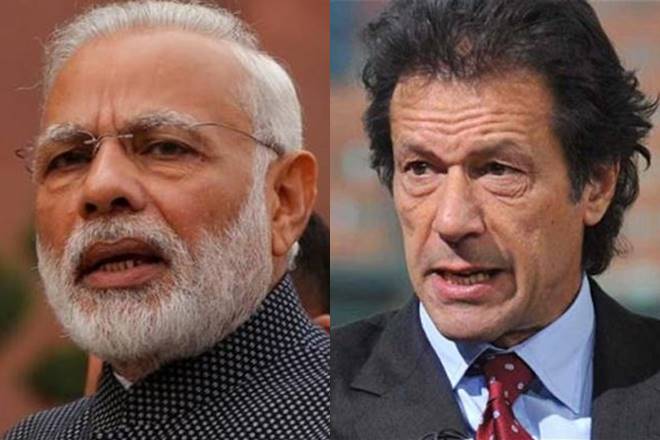India seems to be firm in its stance against Pakistan. After Imran Khan came to power and wrote a letter to prime minister Modi pleading for peace negotiations, it seemed that the two countries might initiate a round of peace talks. A foreign minister level meeting was also scheduled on the sidelines of the United Nations General Assembly (UNGA) meeting this year. However, it was not long before things came back to square one, Pakistan released postage stamps commemorating slain Kashmiri terrorists as freedom fighters and also tortured a BSF trooper to death. The peace talks were cancelled and the Indian government reiterated its stance that talks cannot take place at any level unless Pakistan stops exporting terror to India and interfering with India’s internal matters.
Now, India has continued with its firm Pakistan policy and has yet again snubbed its terrorist neighbour. This time around India has deferred the inspection of two hydropower projects – Pakal Dul and Lower Kalnal. Pakistani media outlet Dawn News reported that India has cited certain local issues in order to defer the inspection of the hydro-power projects.
A senior Pakistani official speaking on the condition of anonymity to Dawn News opined that this could have been a fallout of cancellation of talks between the Indian foreign minister, Sushma Swaraj and her Pakistani counterpart Shah Mahmood Qureshi. It seems that the Pakistani official is correct in his assessment. And Pakistan can only blame its own actions for this bitterness between the two sides. India had consented to peace talks between the two countries and that too at a high level. But it was Pakistan that irked India by continuing with its distasteful actions. The way Imran Khan made distasteful comments about India and prime minister Modi must have also compelled the incumbent government to snub Pakistan. In his tweet, Imran Khan had portrayed India as arrogant and negative in character. He had also indirectly called prime minister Modi a “small man” occupying a big office. Now, Pakistan and its prime minister have been shown their place.
A decision about the inspection of hydropower projects was taken during the visit of an Indian delegation led by Commissioner PK Saxena for discussions on the Indus Water Treaty in August this year. It was for the first time that talks between the two countries over the Indus Water Treaty took place ever since Imran Khan came to power. The Indus Water Treaty dates back to 1960. However, there have been constant disagreements and differences of opinion between the two countries over the treaty. Therefore, a decision to hold talks about the Indus Water Treaty and the decision to hold inspection of the two projects was taken as a major breakthrough. However, realising that Pakistan is adamant on not changing its objectionable attitude, India has decided not to continue business at any level with Pakistan. Earlier this year, a Pakistani delegation had approached the World Bank raising concerns about the treaty. However, World Bank had failed to reach an agreement with the Pakistani delegation over the treaty.
Despite what the Indian opposition might have to say it is clear that the Modi government has a firm ,potent and highly effective Pakistan policy. It is clear that for any peace talks or business between the two countries to take place, it is Pakistan that will have to approach India and even after that talks can take place only if Pakistan cracks down on its terror factories and stops exporting terrorists to India. It is also clear that Pakistan cannot go on praising terrorists active in India and interfering in India’s matters.
